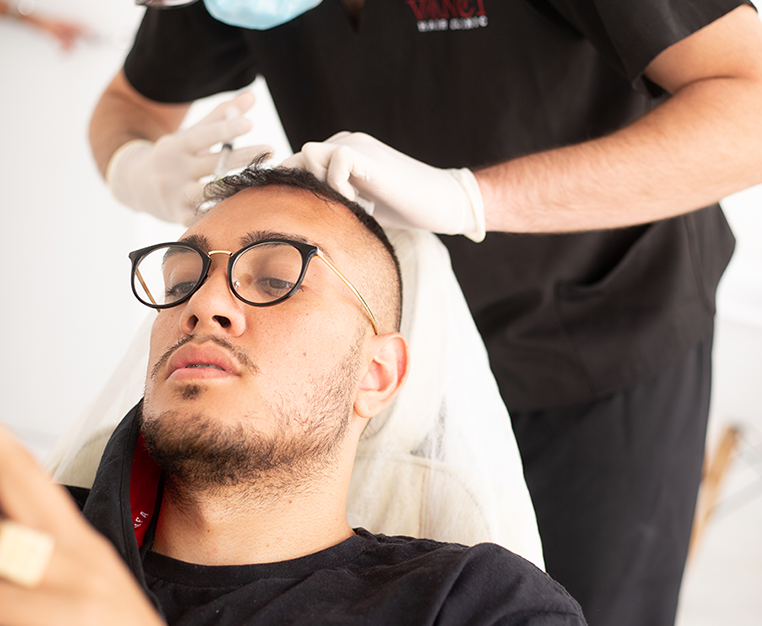It’s not a difficult decision to stop using chemicals and shift to natural beauty products. By making the switch, you’ll be contributing positively to the environment while also benefiting your health. It doesn’t have to be a one-and-done transition; you can continue making minor adjustments to your new regime until you are comfortable with it.
That’s because it can be overwhelming to change from products you’ve been using for years, though once you see all the benefits, you’ll wonder why you didn’t make the switch sooner. Here, we’ll guide you through what to expect and how to switch to organic shampoo or conditioner easily.
Why Shift To Organic Haircare?
The most significant advantage of using organic shampoo or conditioner is that it contains valuable components. Natural haircare products, unlike many other hair products on the market, are mild and gentle, free of synthetic chemicals, sulphides, emollients and other harmful ingredients.
How Does Organic Haircare Work?
Only when you begin the transition to natural products will you start to notice just how many substances and chemicals were present in your past products. Many haircare products contain sodium lauryl sulfate (SLS), for example, a chemical that gives the hair a highly fresh feel but which damages it in the process.
SLS is a surfactant that gives shampoo its foaming action. Natural shampoos and conditioners don’t have this, but that’s not to say that the shampoo isn’t performing its purpose, and you can always mix it with water to generate more foam.
What Are The Components Of Natural Haircare?
It isn’t just the absence of chemicals that make natural and organic haircare products a good choice. They also have many beneficial components. Castor oil, coconut oil, almond oil and fruit extracts make up a significant portion of natural shampoo. These substances will replenish your scalp and hair strands, and they don’t have any unpleasant side effects either.
Will There Be An Adjustment Period?
Your hair will need to adjust if you’ve been using chemical-based products for a long time. Your scalp, too, might need to acclimate as the new blend and organic ingredients start to work. You may see a difference in your organic oils and notice that there is more oil than usual as your hair starts to rebalance. This will eventually settle down, and your scalp will become ultra-moisturised. The adjustment time will vary from individual to individual.
Three Things To Expect When Switching To Organic Haircare Products
Oil Production Changes
Sulfate shampoos use strong chemical cleansers to remove build-up from your hair, but these can strip your hair of its essential oils. When you switch to organic shampoo, your body may produce too many or too few natural oils at first. The duration of this adverse effect can range from a few days to many weeks.
Fewer Suds
Sulfates, including SLS, are used in conventional hair products to produce a thick lather with frothy suds. Organic and natural haircare products lack this foaming power because they are often sulfate-free. Some individuals believe they have to use more to adapt. Alternatively, apply your natural shampoo and rinse it all through your hair with a large amount of water.
Hair Thickness And Texture Changes
Some individuals may see thicker, longer hair once they’ve made the change to natural haircare products. Chemical-rich shampoos and conditioners contain a lot of silicones and oils which can accumulate on hair cells, clogging pores and inhibiting hair growth. Once this build-up is removed, your scalp creates new hair strands, leaving your hair looking thicker.
Conclusion
Your hair may take a little time to adapt once you switch to organic haircare products. It may also take you a while to find the organic product best suited to your needs. It’s worth the effort; you’ll love how your hair looks, secure in the knowledge that these products are safe for your wellbeing and the environment.
Vinci Hair Clinic has the professional expertise to deal with a variety of hair loss causes. If you’re experiencing what you suspect to be hair loss and would like some support, get in touch with us and book a free, no-obligation consultation with one of our specialists.



